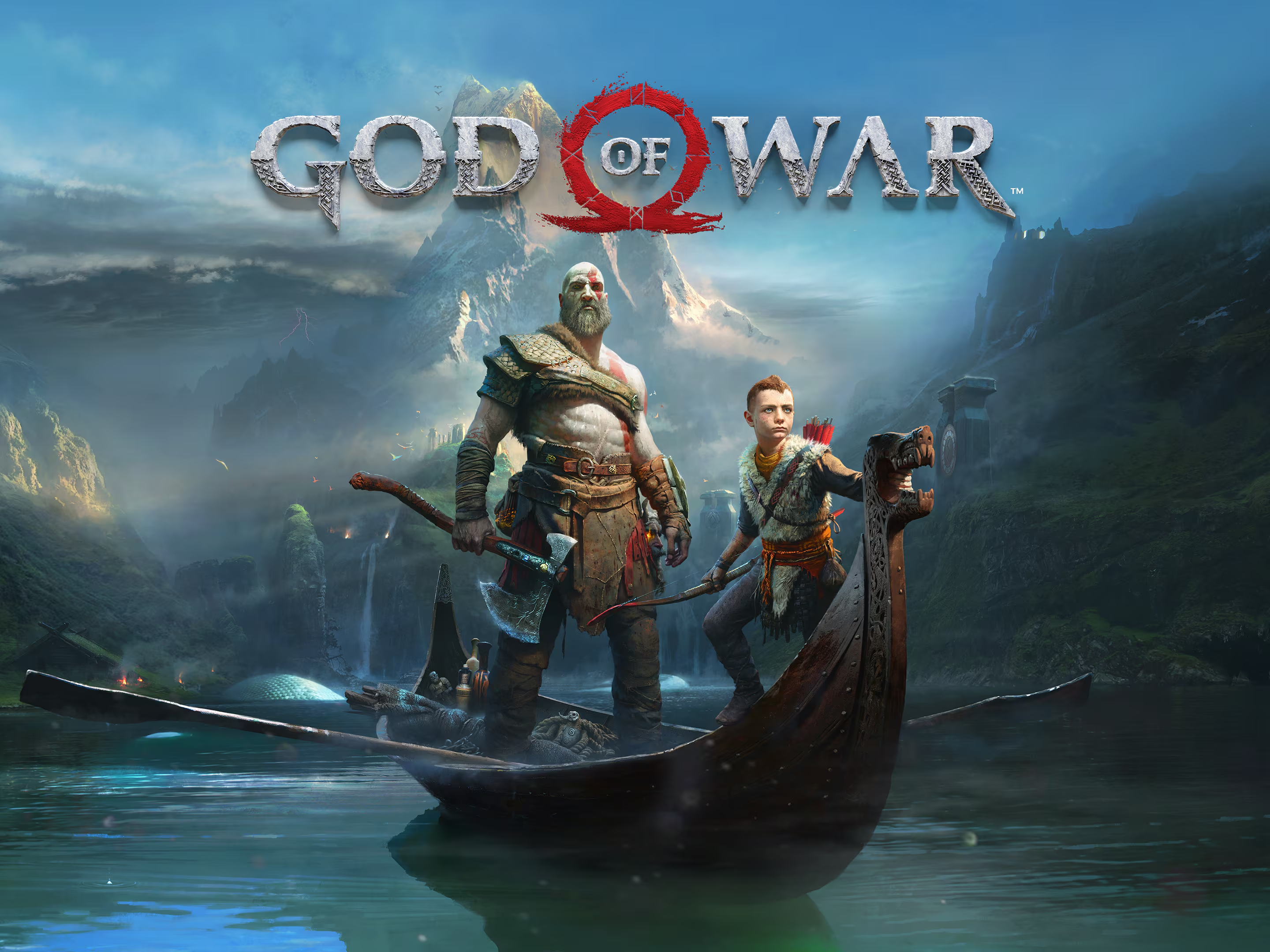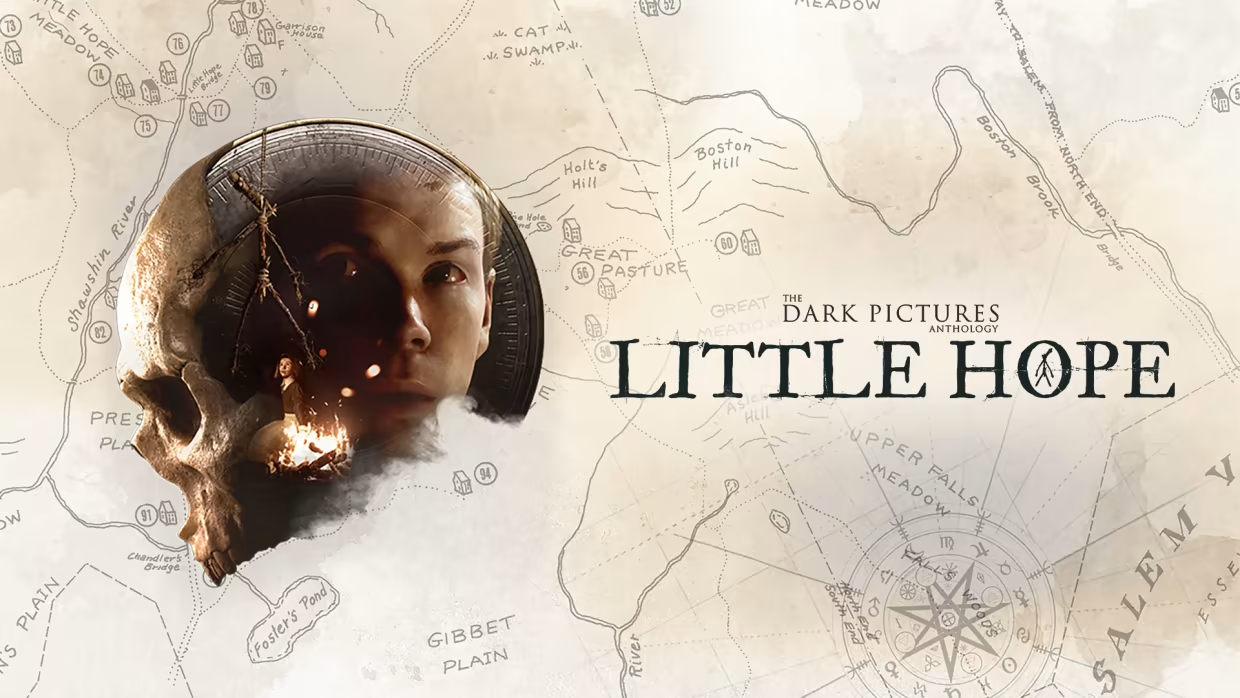Metro 2033
Based on a Russian novel of the same name, written by Dmitry Glukhovsky, Metro 2033 is a first-person shooter that focuses on atmosphere and worldbuilding. It provides a tense and memorable experience due to its striking setting and quirky details, but its bare-bones story, filled with paper-thin characters and a noble, but naïve anti-war message, ultimately rings hollow.
The world of Metro 2033 is its selling point. The story takes place in a post-apocalyptic Russia, where people were driven underground by hordes of devilish monsters and demons. They live in the subway, with scarce resources, and are under constant attack from creatures and other desperate humans. While the surface is radioactive, the underground tunnels are dark and dangerous: there’s no safe haven for anyone.
The protagonist is Artyom, a young Russian who is tasked to deliver a report about some mysterious beings called “the dark ones” to a man named Miller in the Polis, their biggest underground station. To that end, he must travel through the tunnels of Moscow’s metro system and escape the creatures that roam the place.
Artyom’s world is claustrophobic and tense. The protagonist’s time in each station is brief, but still enough to convey the desperation of his people. Ammo is used as currency, for example, depicting how violence became so necessary for survival that it was injected into their economic system. Hospital beds are always occupied and people are often seen in the barely-lit corridors of the stations looking for their loved ones. We can find a man in a bar telling his friends how his baby’s first words were “fire”: his companions sheer, thinking the child will grow to be a soldier, but the man explains how he has frequent nightmares, where he wakes up screaming to his men to “open fire” – and they all go back to their drinks, now in silence.
These are traumatized characters, living in a harsh and unforgiving environment. But we can still witness some small bits of happiness, such as when a woman laughs about the creative way a man flirted with her: it’s a mundane display of joy that sticks out in that somber world.
This world of Artyom is much more fleshed out than he is, however. The protagonist lacks a personality of his own, being that type of character who is nothing but ordinary until his routine is shaken up by an unfortunate incident that propels him to action. As Artyom explains in his narration: “Life was never easy in the tunnels, but it was our home. There was comfort in its routines, in seeing the same people day after day, but since the mutant attacks had escalated, fear ruled the station.”
Artyom never manages to function properly as the player’s surrogate in that world since, unlike us, he’s too familiar with it and its people. And he’s not that interesting as a proper character either, being too reactive and flat to make an impression. In cutscenes, he barely speaks, leaving all of his development to his narration at the beginning of each mission, the journals we can find along the way, and a bit of art direction: his room, for instance, has a bunch of postcards of the old world, displaying his desire to travel and for things to return to normal.
The people that Artyom meets don’t fare much better in terms of development. They have no personal struggles or remarkable traits, being all the same type of character: the rough soldier who doesn’t fear monsters but has a fair chance of ending up being killed by them anyway. They have little screen time, never taking long to perish at the claws of the creatures or at the hands of other people.
This creates a tense atmosphere, where everyone can die, but it also means Artyom’s companions never have a chance to stick around for too long. Their deaths, consequently, carry no weight: although the protagonist remarks about how losing his friends shakes him to the core, we are left with barely any reason to feel the same. Eventually, all those characters start to blur together and their names fade away: any player who manages to remember who Bourbon and Pavel were by the end of the game deserves a silver trophy for the achievement.
There are only two side characters that stand out. The first is Khan, who has a supernatural aura around him: he knows too much about the creatures, especially the so-called “Dark Ones”, as if he were connected to them in some way. He seems to know things he shouldn’t and to be able to do things other people can’t. The other main character is Hunter, but mainly because he functions as a counterpoint to Khan: he shoots monsters on sight and advises Artyom to do so as well.
Khan and Hunter are opposites. They both seem indestructible and they both help Artyom achieve his goals, but their methods couldn’t be further apart. When asked about the Dark Ones, Hunter gives a simple answer, “my Order has a motto: If it’s hostile, you kill it.” Khan, meanwhile, after a tense encounter with a strange life form, gives Artyom a different piece of advice, “It’s not any more ‘evil’ than, say… fire. It all depends on your point of view. Try to get a better understanding of things before you make your judgment.” In other words, Hunter pushes the protagonist to kill, encouraging him to shoot the monsters down mercilessly to protect his people, while Khan defends that Artyom should try to understand the things he’s fighting before making any rash decisions.
The game’s main theme is directly related to this conflict. Metro 2033 has a pessimistic opinion of humanity, depicting a species that keeps killing its own kind instead of focusing on the outside threat. Some horror stories use monsters as a common enemy that unites warring people against a bigger foe, but the monsters here never stop humanity from waging war against itself. Artyom puts it in simple terms: “Even the apocalypse didn’t stop us from killing one another over ideology.” The derogatory use of the word “ideology” here is telling, revealing how the game frames “politics” in a negative light. It is treated as something abstract and unimportant in the grand scheme of things: the demon threat serves to highlight how foolish people are for keeping themselves apart for inconsequential things like ideology.
The problem of this stance, however, becomes clear when Artyom eventually comes across… fascists. In Metro 2033’s world, there are Communist and Nazi settlements fighting each other underground. The narrative never goes deep into how this happened: to explain how their ideologies can survive in a demon-infested world is not one of the game’s priorities. Its only concern is in demonizing those ideologies and not because of their content, but simply because they are ideologies: it rarely touches on what each one of them preaches, pointing out their particular problems or cruelties, resorting instead to a simple “if it is politics, it is bad” attitude.
The issue here is that when Artyom complains about how foolish it is to kill one another over ideology, and there are Nazis around him, he’s actually saying that is foolish to fight other people just because they think you’re subhuman and should be exterminated. The narrative doesn’t make exceptions in its “every war is bad” message, which should even include the mutated monsters if Khan has any say on the matter. In Metro 2033, ideology is not a thing worth fighting for. The game is basically saying “Forget politics, let’s just all love each other,” without realizing that this is in itself a political message – and a very disingenuous one at that.
Artyom also builds a false symmetry between Nazis and Communists that is sure to make a shiver run down any Historian’s spine, telling us how he couldn’t tell them apart: “The Reich is supposed to be a complete opposite of the Red Line… But why does it look so similar?” he wonders. Later on, the protagonist even makes an absurd comment about both of them: “They are places that deem culture, art and science useless,” he says, basically disregarding the fact that culture, art, and science were important tools used in both the Nazi Germany and the USSR.
The missions that focus on these subjects, such as the one that puts Artyom in a Nazi settlement in the middle of a battle, are the worst parts of the experience, and not only because of their problematic political commentary: the level design makes them a cluttered mess where stealth is rarely a viable option. Metro 2033 would have been a much better game if it had thought more carefully about what it was doing with its political commentary, or ditched the discussion altogether and focused only on the survival horror aspect of its source material.
After all, if the game falters when it comes to its narrative, it excels in building an oppressive atmosphere. The underground tunnels are dark and eerie, rife with spider webs and hellish monsters. There are tunnels no one dares to enter and others that are haunted by a dangerous and inscrutable light. The survival horror aspect of Metro 2033 is well done for the most part, with ammo and resources being scarce, while the monsters are quick and ferocious, making each encounter a frightening experience. While Artyom’s weapons are clunky and slow to fire and reload, the creatures are agile and relentless, often coming in great numbers to overwhelm him.
When the protagonist visits the surface, he must also keep an eye on his air filters, for even breathing is deadly in Moscow: searching for more filters in the scattered bodies of the deceased becomes essential for survival. His oxygen mask can break too, and the blood of the people Artyom kills in close range splashes all over it, creating some impactful moments during the more hectic fights.
Unfortunately, there are also several shooting galleries spread throughout the game that break this horror atmosphere with action-oriented sections. And there’s the middle part of the game, the one about Communists and Nazis, that drags on for a while, even offering two “turret missions” back-to-back that feel out of place.
In the end, Metro 2033 manages to build a strong atmosphere, but its underdeveloped story, marred by a plethora of shallow characters and discussions, leads to some questionable political commentary. Its setting is certainly fascinating, but it can’t carry the whole experience by itself.
March 08, 2022.
4A Games.
Andrew Prokhorov.
Dmitry Glukhovsky, Andrew Prokhorov and Viacheslav Aristov.
Alexei Omelchuk and Georgiy Beloglazov.
10 hours.
Switch.

























